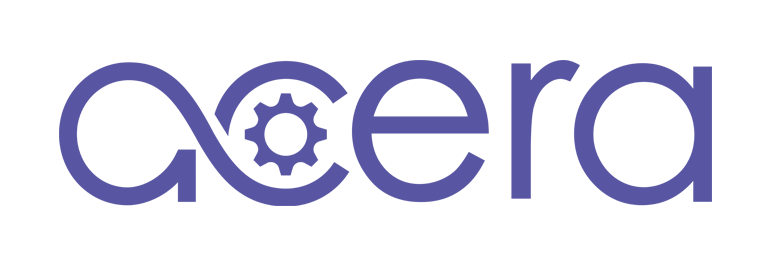If you ever wanted a of “A Day in the LIfe of Room 8” and wanted to know what some of our core class afternoons look like, here’s an example of one (not all are similar):
This morning we read a History of the Secret Ballot and some of us had time to write some really good paragraphs as well. This afternoon we discussed the article. Our class landed (by public vote) in favor of the secret ballot and when we voted privately the results were the same. We also shared what we thought were the advantages of secret ballots:
Secret ballot advantages:
-
So people don’t get mad if you don’t vote their way
-
So people don’t change theirs to make others happy or upset
-
Prevents stage fight
-
Encourages people to vote
-
Privacy is good
-
people won’t change their mind because of others
-
Prevents blackmail
-
Prevents bribery
-
Prevents threats
-
Avoids peer pressure
-
People can’t be forced to vote for someone
-
It’s your own choice
-
So you have peace while voting
-
So others don’t judge you because of what you chose
Tomorrow we’ll explore some of the reasons in favor of public voting.
This morning we discussed the meaning of a sentence from Dr. King’s speech Give us the Ballot during greeting. This afternoon we watched the first few minutes of it. Students noted his use of repetition (I think we counted 7 instances of the phrase “Give us the ballot” before we stopped), and discussed some of the events of Reconstruction, eg. Blacks had the right to vote enforced by the US gov’t, the Jim Crow era (I didn’t name it, just described) e.g. literacy tests, jelly bean qualifications, threats, etc., and the Civil Rights Era e.g. this speech, freedom riders, and the Voting Rights Act.
We also held a class election to name our Platypus. We used ranked choice voting (anonymous ballots with public counting) and Perry the Platypus won with a large majority. However, we were able to determine that no one got their last choice and only one person their 3rd. We mentioned that in this case the voting method made no difference in who one, but in others it frees people to vote their first choice knowing that their second choice will count which can affect results. (Maine and Alaska and the City of Cambridge are among those who use it.)
Students also raised the idea of about taxation without representation (DC residents, Jim Crow voting restrictions, and non-citizen immigrants were brought up) and students raised many contemporary concerns about security when we discussed the process (voter id laws – how do I know my neighbor won’t tell them she was me and keep me from voting? – early voting, mail voting, vote counting, etc.). We also located the 15 states + American Samoa that are voting today on Super Tuesday, discussed the timing of election day and voting access on weekends vs weekdays, and the results of Saturday’s Republican Primary in DC.
Just to be clear, some of this discussion was in my plans, but many of the topics we discussed were raised by this awesome and thoughtful class.
I’ve encouraged students to ask you if you vote, why you vote, how (logistics- mail, today, early, etc.) you voted, as well as whom you voted for (if you wish to share). I also told students to make sure they talk to you about what you are comfortable sharing and what you want them to keep private if they want to refer to any of it in class. (I try fairly hard to keep my views private; you can let me know if I’m successful based on your conversations if you like.)
We also did some linguistics and cursive (in folders which went home today), worked on drafting and conferencing about a pair of paragraphs about reading- group books and Egyptian artifacts, and some Ancient Egypt Geography and had afternoon choice time with chromebook option (only on Tuesdays).


